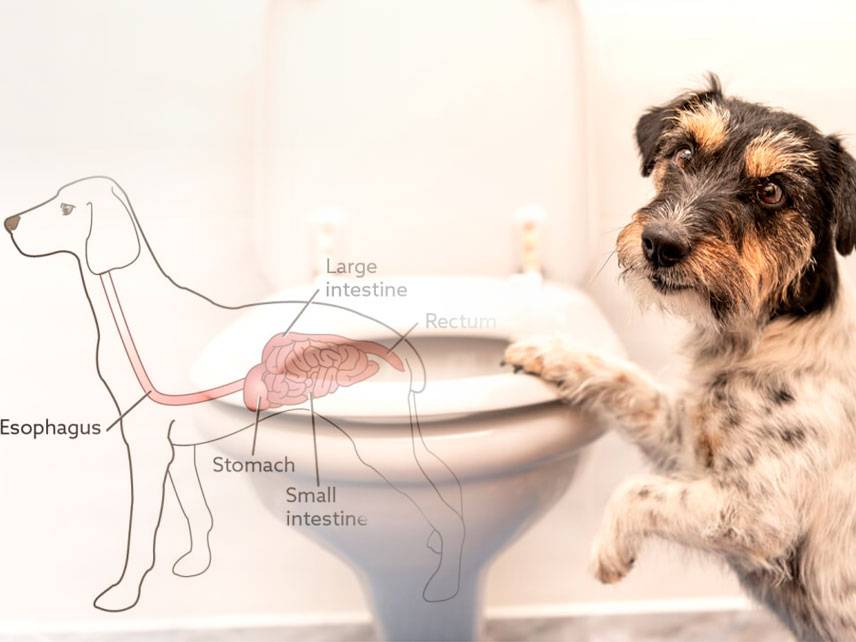Constipation in dogs is a fairly common issue that can be both uncomfortable and potentially dangerous for your pet. Constipation can occur for a variety of reasons, including dietary changes, lack of exercise, and medical conditions. It is important to recognize the signs of constipation so that you can provide your pet with the appropriate care and treatment.
How is constipation diagnosed in dogs?
Constipation in dogs is usually diagnosed through a physical examination. Your vet will check your dog’s abdomen and other affected areas, as well as their stool, to determine the presence of constipation. If your dog has not had a bowel movement in more than 24 hours, this is a sign of constipation. Other symptoms include straining to eliminate, excessive licking of the anus, and a decrease in appetite.
What causes constipation in dogs?
The most common cause of constipation in dogs is dietary changes. If your dog is not getting enough fiber in their diet, it can lead to constipation. Other causes include dehydration, certain medications, lack of exercise, and certain diseases or illnesses. Certain dog breeds are also more prone to constipation than others.
What is the treatment for constipation in dogs?
The treatment for constipation in dogs will depend on the underlying cause. If the constipation is caused by dietary changes or lack of exercise, your vet will likely recommend increasing the amount of fiber in your dog’s diet and providing more exercise opportunities. If the constipation is caused by dehydration, your vet may recommend increasing your dog’s water intake. If constipation is caused by a medical condition, your vet will work with you to develop a treatment plan.
How do vets diagnose constipation?
Your vet will perform a thorough physical examination in order to diagnose constipation in your dog. This will include a complete medical history, a physical examination of your dog’s abdomen and other affected areas, and a review of your dog’s stool. If your vet suspects a medical condition is causing the constipation, they may order additional tests such as x-rays or blood work.
What foods make dogs Unconstipated?
In general, foods that are high in fiber are beneficial for treating constipation in dogs. Some examples of high-fiber foods include pumpkin, sweet potatoes, oat bran, and apples. Your vet may also recommend adding fiber supplements to your dog’s diet.
What causes dog constipation home remedy?
If your dog is suffering from mild constipation, there are several home remedies that may be beneficial. Adding fiber to your dog’s diet, increasing their fluid intake, and providing more exercise opportunities are all possible home remedies that may help relieve constipation in your dog.
How long does dog constipation last?
The length of time that constipation lasts in dogs can vary depending on the underlying cause. If the constipation is caused by dietary changes or lack of exercise, it may resolve itself within a few days. If the constipation is caused by a medical condition, it will likely take longer to resolve.
What liquid can I give my dog for constipation?
If your dog is suffering from constipation, it is important to increase their fluid intake. This can be done by adding broth or water to their food or by providing them with extra water throughout the day. You may also consider adding a fiber supplement to your dog’s diet, as this can help bulk up their stool and make it easier for them to pass.
Will dog constipation resolve itself?
In some cases, constipation in dogs will resolve itself without any treatment. If the constipation is caused by dietary changes or lack of exercise, it may improve within a few days. However, if the constipation is caused by a medical condition, it is important to seek treatment from your vet as soon as possible.





